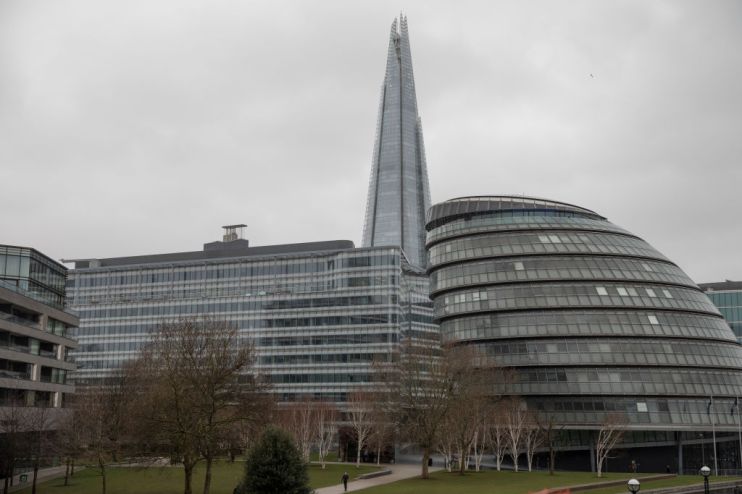Smart politicians will be looking to cities as a springboard for greatness

For much of the second half of the 20th century, powerful city politics was dying. As the great industrial centres went into decline, so too did their once-proud corporations and mayors.
County boroughs like Liverpool, Manchester, Birmingham and Leeds were gathered together in 1972 and melded into metropolitan counties like “Merseyside” or “West Midlands”, and a decisive blow was struck in the capital when the Greater London Council was abolished in 1986. The message seemed clear: cities and towns were no longer the focus of administration or growth.
The tide seemed to turn back a little when the Labour government created a directly elected mayor of London, Ken Livingstone taking up the office in 2000. Two years later, 11 more mayoralties were created across England. For the first time in a generation, urban areas had a single, recognisable, directly accountable face to lead them.
Read more: Chancellor thinks commuters will return to cities when they can
Since then, they have attracted politicians of growing stature: Andy Burnham and Dan Jarvis have both left the opposition front bench to become mayors, and Steve Rotheram and Sir Peter Soulsby also judged that there was more power and influence to be had locally than as backbenchers in the House of Commons.
Siôn Simon, once a passably prominent New Labour minister, left to pursue the leadership of Birmingham, only to be beaten to the mayoralty of the West Midlands by Andy Street, the managing director of John Lewis, wearing a Conservative rosette.
The influence of these civic leaders is growing. Andy Burnham and Steve Rotheram have argued forcefully for their regions in the Covid-19 pandemic (though Burnham seems unsure whether to play the powerful city boss or the rebellious outsider), and Sadiq Khan, as mayor of London, is regularly touted (accurately) as the Labour politician with the biggest electoral mandate in the country.
Of course, no-one can forget Boris. The prime minister became an improbable mayor of the capital in 2008, using charisma and a startling lack of shame to overcome London’s natural leftward bias, and his two terms in City Hall took him from amusing diversion to Tory big beast.
It is entirely fair to say that without the electoral endorsement and public profile of being mayor, he would not be in Downing Street today.
While the United States has a much richer tradition of heavyweight city leaders, this seems to be a time in the sun for them too. Michael Bloomberg, four times mayor of New York, was widely expected to bid for the presidency, but left it too late to have an impact.
Rahm Emanuel, Barack Obama’s feared chief of staff, left the White House to take the helm of his hometown of Chicago. Kamala Harris, now in the waiting room for the vice-presidency, built her early career on legal posts in San Francisco. And Joe Biden’s cabinet nominations include two city bosses, Martin Walsh of Boston (secretary of labor) and Pete Buttigieg, former mayor of South Bend (secretary of transportation).
There is a paradox here. Cities have captured the narrative of economic development and living, because they have an innate story that other areas and regions cannot match. London has a much greater sense of itself as a political entity since 2000 than it had done in the decades before the mayoralty was established.
At the same time, however, the immediate effects of the Covid-19 pandemic have created stern challenges for that narrative.
Widespread working from home has emptied city centres and public spaces: the Square Mile is like a ghost town compared to its pre-lockdown self. Businesses are reassessing their estate strategies and looking at their physical footprints: some predict a centrifugal effect as workers seek a more congenial existence in the suburbs and greenbelt and a life without the daily commute.
But it needn’t be a binary choice. Cities are living organisms and have stood the test of time as the model by which humans wish to congregate. Even the pandemic is unlikely to change that entirely. But we certainly need to reevaluate urban life and employment.
What do we want, and need, cities to be, and how can we make them human-centric, responsive to their inhabitants rather than a rigid pattern into which city dwellers must fit?
If that can be achieved, more politicians will see city politics as a viable path to power and fame. The prospect of rising to lead your city might be much more enticing than a few years as a middle-ranking minister in Whitehall. Mayoralty may also become a springboard for national prominence and power, though our current electoral structures make it difficult.
But we are at a crucial time. The story of the city in the UK has stopped in mid-sentence: we must now come together to think carefully about how it continues.